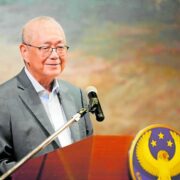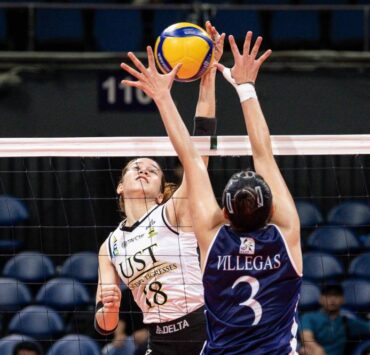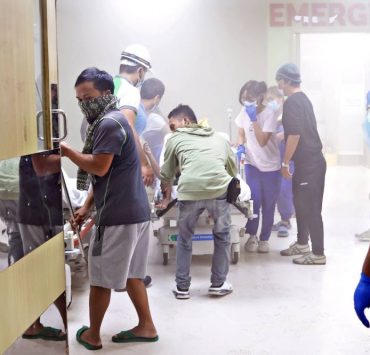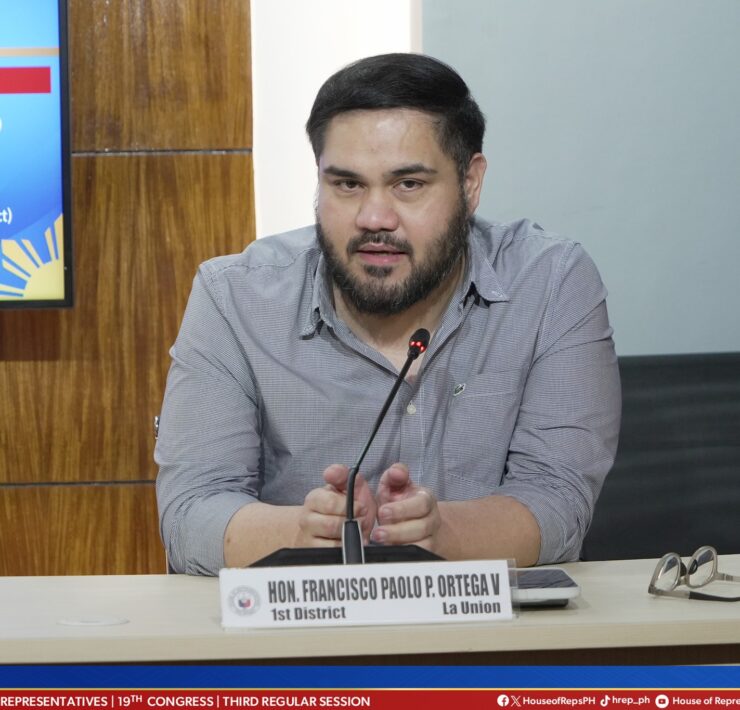Swiss ambassador on Duterte’s trial: ICC can advance defense of human rights
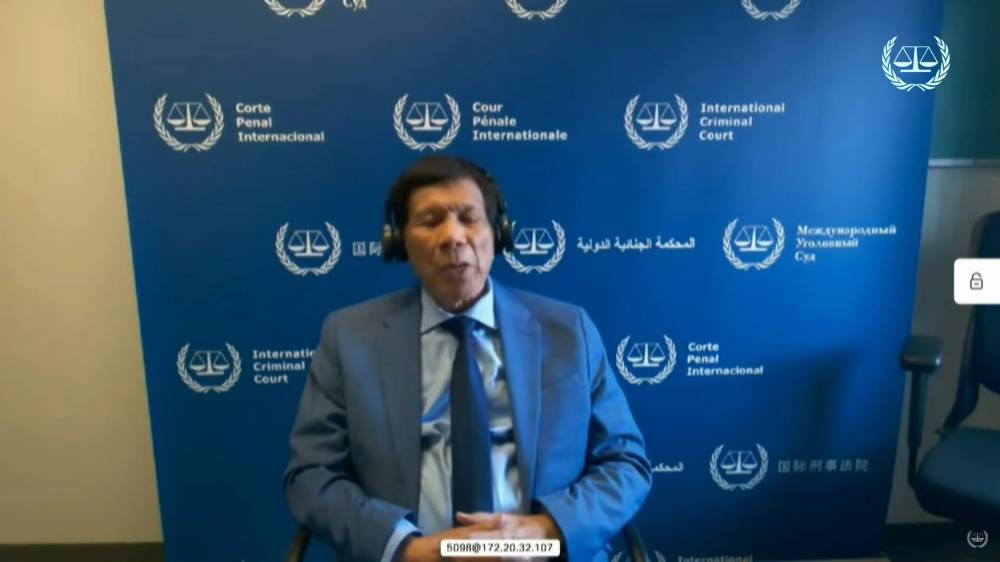
Switzerland hailed the International Criminal Court (ICC) for securing the arrest of former President Rodrigo Duterte on charges of crimes against humanity over his violent war on drugs, vowing to closely monitor the case’s progress.
During the annual media briefing at the Swiss Embassy in Manila on April 1, Swiss Ambassador to the Philippines Nicolas Brühl acknowledged the ICC’s limited success in recent years.
But he said that Duterte’s arrest and potential trial could demonstrate the tribunal’s effectiveness in advancing human rights.
“I think this case could be proof that, in this sense, they can defend human rights,” Brühl told reporters.
“For us, as Swiss, and for our government, international public law is extremely important. And in this sense, we will watch that closely, what’s going on, in which direction this case will go,” he added.
Duterte is currently detained in The Hague, where he faces allegations of crimes against humanity for at least 43 drug-related killings during his presidency and earlier term as Davao City mayor.
Peace process engagement
Beyond human rights advocacy, Switzerland is also engaged in the peace process in the Philippines, particularly in the Bangsamoro Autonomous Region in Muslim Mindanao, according to Tim Hurst, Swiss deputy head of mission in Manila.
Mô Bleeker, Switzerland’s special envoy for Dealing with the Past and Prevention of Atrocities, previously chaired the Transitional Justice and Reconciliation Commission from 2014 to 2016.
The commission discovered that the Moro and indigenous peoples’ long-standing grievances and injustices are a result of three issues that are connected: violence, impunity, and neglect.
As an independent body, it concluded that the root cause of the conflict lies in the forceful imposition of a monolithic Filipino identity and the Philippine state on diverse ethnic groups of Mindanao and the Sulu archipelago, who see themselves as pre-existing nations and nation-states.













